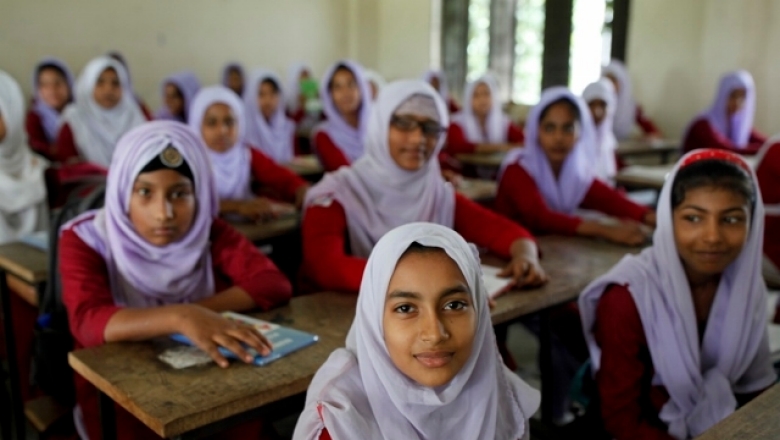In 2025, Bangladesh finds itself at a crucial point in its path toward education. The interim government’s commitment to overhauling the academic landscape is evident through a series of policy-driven reforms aimed at modernizing curricula, enhancing institutional quality, and fostering global collaborations. A significant shift in secondary education is the reinstatement of academic streams—science, arts, and business studies—for ninth and tenth graders. This move, reverting to the 2012 National Curriculum, offers students clearer academic pathways aligned with their interests and career aspirations. Simultaneously, the government has initiated updates to textbooks, ensuring content reflects a more inclusive and accurate portrayal of the nation’s history. These revisions aim to present multiple perspectives, fostering critical thinking among students. The University Grants Commission (UGC) has strengthened its monitoring of private universities to guarantee high academic standards. By enforcing stricter regulations and promoting research collaborations, the UGC aims to elevate the standards of higher education institutions. Moreover, the establishment of Grameen University in Dhaka, founded by Nobel laureate Muhammad Yunus, underscores the nation’s dedication to expanding quality higher education. This organization is set to transform into a center for research and creativity. Strengthening global academic ties, Japan has pledged $4.2 million in grants for scholarships to Bangladeshi students. This initiative, part of a broader $1.063 billion support package, aims to enhance educational opportunities and foster international collaboration. In the proposed national budget for the fiscal year 2025–2026, the government has allocated Tk 95,644 crore to the education sector, marking an increase from the previous year. This allocation underscores the government’s emphasis on strengthening the education system to meet contemporary challenges. Recognizing the transformative potential of technology, the government is revisiting its Master Plan for ICT in Education. By integrating digital tools and platforms, the aim is to enhance learning experiences and prepare students for a tech-driven future Bangladesh’s educational reforms in 2025 reflect a holistic approach to academia, intertwining policy initiatives with practical implementations. By revising curricula, enhancing institutional quality, fostering international collaborations, and embracing technology, the nation is laying a robust foundation for an enlightened and empowered future generation.
Reimagining Academia: Bangladesh’s 2025 Educational Reforms
66


